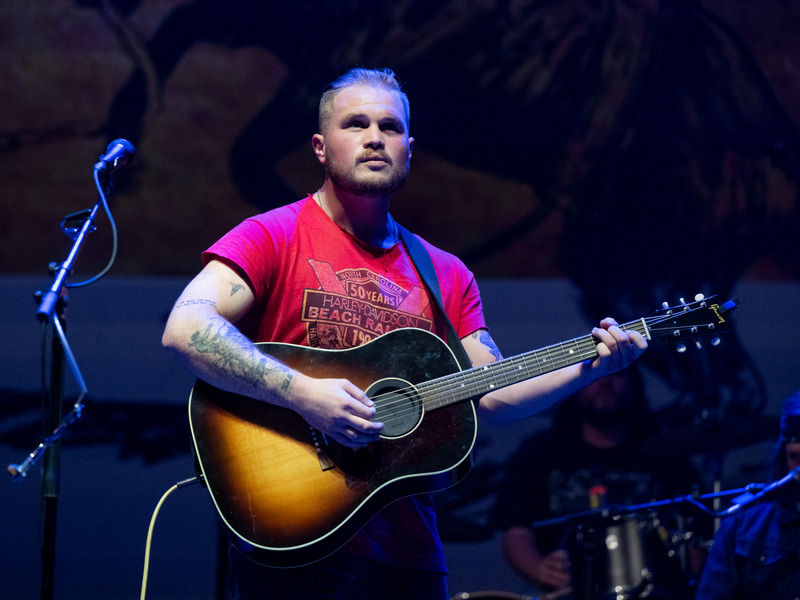Dr. Julian Bailes of the NorthShore Medical Group in Chicago is one of the nation’s foremost authorities on brain injuries.
He was the team physician for the Pittsburgh Steelers when Mike Webster then others were found to have suffered from CTE.
He has served as a consultant to the SEC for several years.
He has served for many years as president of Pop Warner youth football.
Two of his three sons played middle school football.
He was a college football player himself.
So Dr. Bailes knows quite a bit about the landscape of college football, the NFL, the impact of head injuries, and, to a degree, the safety of playing football with the coronavirus lurking across the country, counties and colleges.
So during a recent interview on SportsTalk WNML radio, we asked if he thought we would have college football and an NFL season this fall.
“Great question,’’ he said, then he offered this opinion.
“I believe it’s important to try to get kids back to school,’’ Dr. Bailes said. “The serious rate for kids and young people is very small. The latest data I saw showed people less than 30 (years of age) the mortality rate for COVID-19 is one in 10,000. I think the risk is small.
“And if they (athletes) are not at football games or practice or other sports, what will they be doing? They won’t necessarily be doing risk-aversion activities.
“So I believe it’s important that they try.’’
Even if college football and the NFL start on time, that doesn’t mean they will finish.
“Whether we can complete the season or how the season looks is certainly yet to be determined,’’ he said, “and will be influenced by politicians and public policy.’’
Should fans attend games?
“I believe it’s important to have some fans,’’ he said. “I believe you could socially distance and have small fractions of normal capacity of stadiums or venues. You could certainly space them out more than six feet apart and they could wear masks. There’s no safer place than to be outdoors.
“It’s very recommendable to me to have fans, it just has to be done in the right way.’’
Dr. Bailes is concerned an outbreak during a season could shut down things.
“That’s going to be part of the issue, part of the problem,’’ he said, “because the ability for fans and players to co-mingle is hard to predict. That’s going to remain to be seen if that’s possible or not. We know that people in close proximity do spread it. So testing the infection rate and potential to spread is one of the most important things to track.’’
Dr. Bailes, 64, was asked if he would let his two former football playing sons play in college.
“I wouldn’t have any issue with them going to school or playing a contact sport currently if that’s what they wanted to do,’’ Dr. Bailes said.
Dr. Bailes said wearing a mask would help curb the virus, but not extinguish it in three to four weeks, as some experts have suggested.
“We just don’t know,’’ he said. “It’s a new mutated virus and we don’t know the exact permeations. I don’t think with everyone wearing a mask it’s going away in four weeks.’’
How optimistic is Dr. Bailes that football will be played this fall?
“My prediction is 80 percent we have them both (college and NFL) with shorter seasons,’’ he said. “And 25 percent optimistic the season will be completed, that it won’t be halted.’’
A shorter season would “lesson the exposures, lesson the travel required.’’
Dr. Bailes applauds the new safety rules adopted by colleges and the NFL.
“We’ve made a lot of attempts to change rules to limit or reduce head contacts,’’ said Dr. Bailes, noting that in college, a targeting foul can lead to ejection. “I’m not sure there’s a whole lot more that can be done within the present structure of football or soccer or ice hockey or wrestling. I think a lot of the changes have been effective.’’
Dr. Bailes was on the cutting edge of the CTE discovery.
In the movie “Concussions,’’ his character was played by Alec Baldwin.
CTE has been found in over 95 percent of NFL players tested who displayed erratic behavior — or even committed suicide – after their playing days.
What the medical profession hopes to eventual accomplish is detecting CTE before someone dies, thus perhaps allowing the person to be treated
“Nothing has been proven yet,’’ Dr. Bailes said.
UCLA has conducted PET scans on about three dozen athletes and soldiers.
“We’re very encouraged and very optimistic that tests like that can be very beneficial,’’ Dr. Bailes said.
Sponsored by Big Kahuna Wings: The wings that changed it all





















